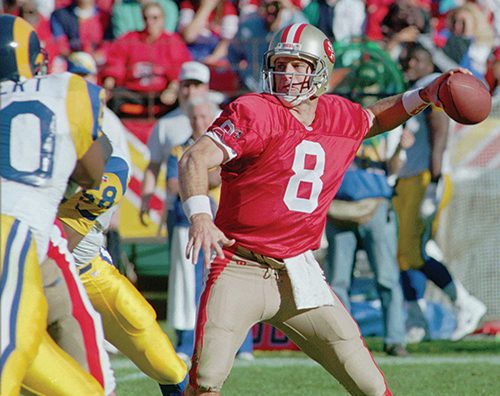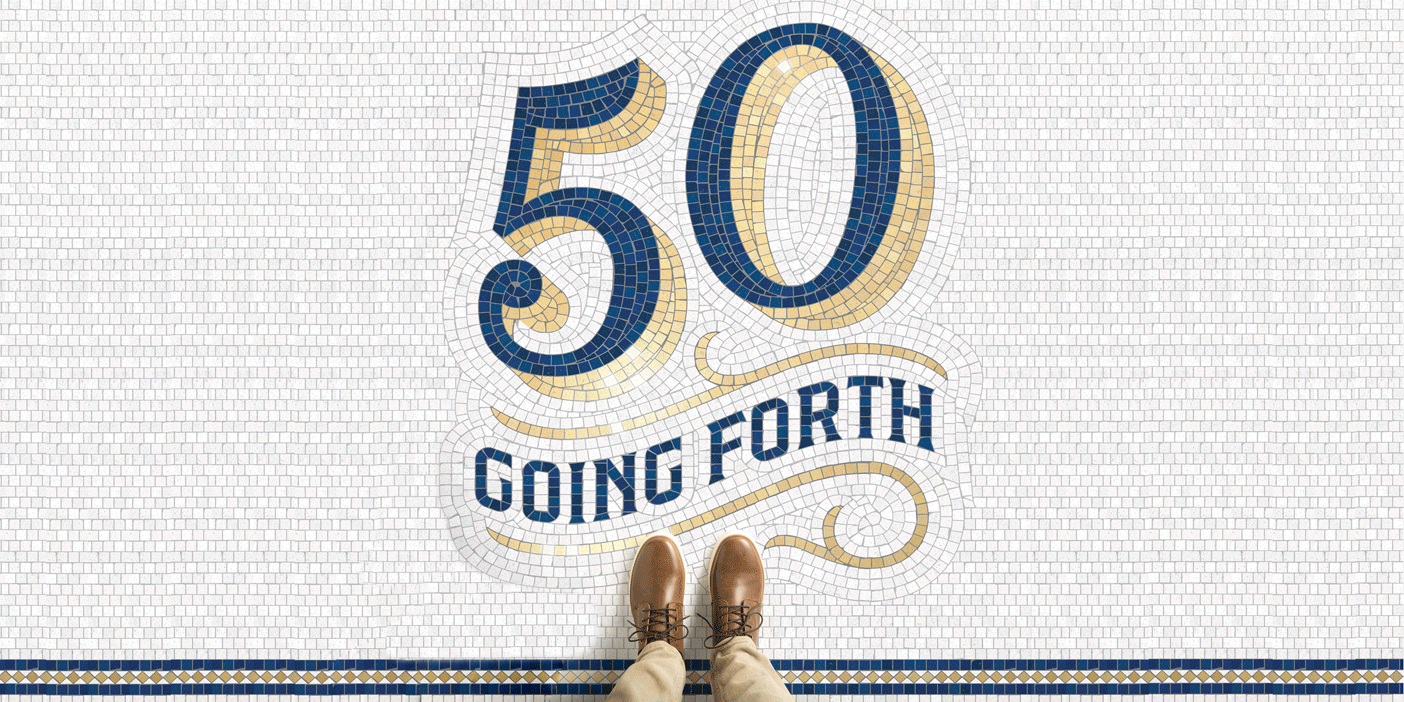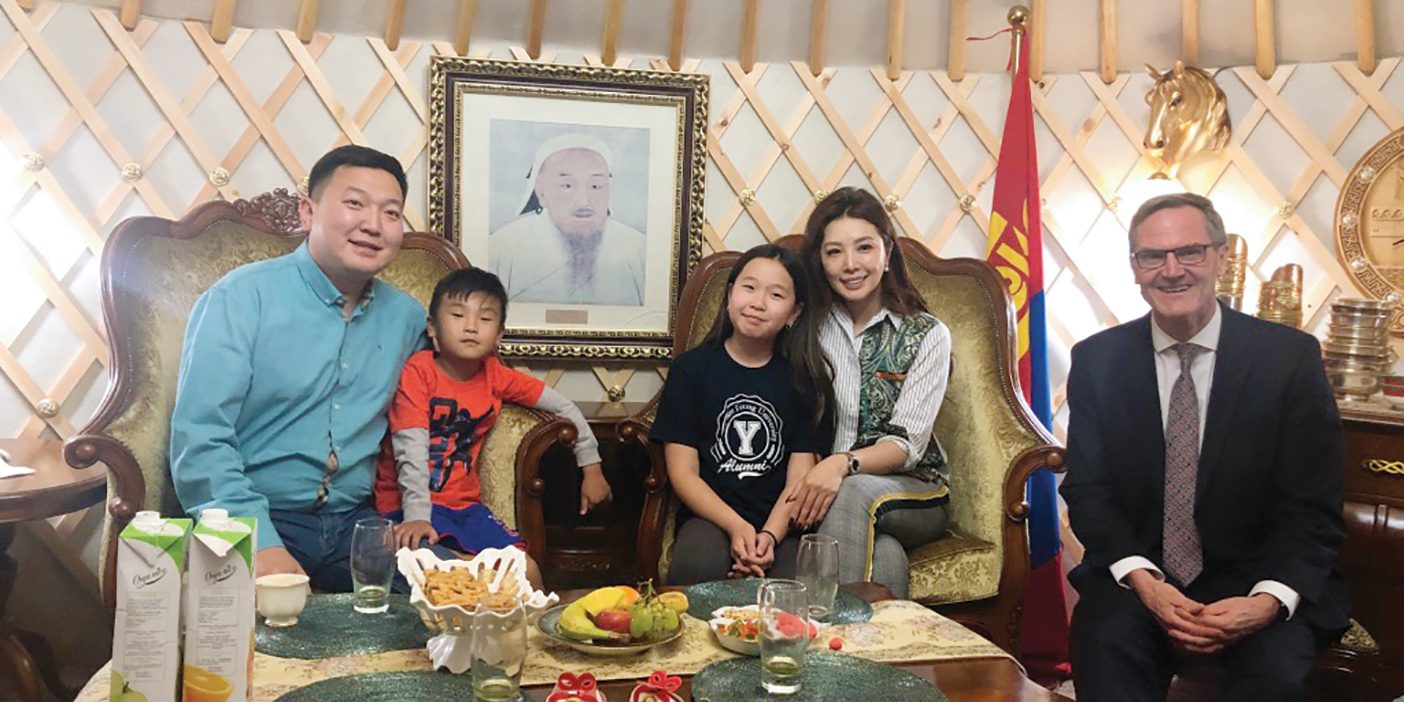The 2024 BYU Distinguished Alumni Award recipients share what they value most.
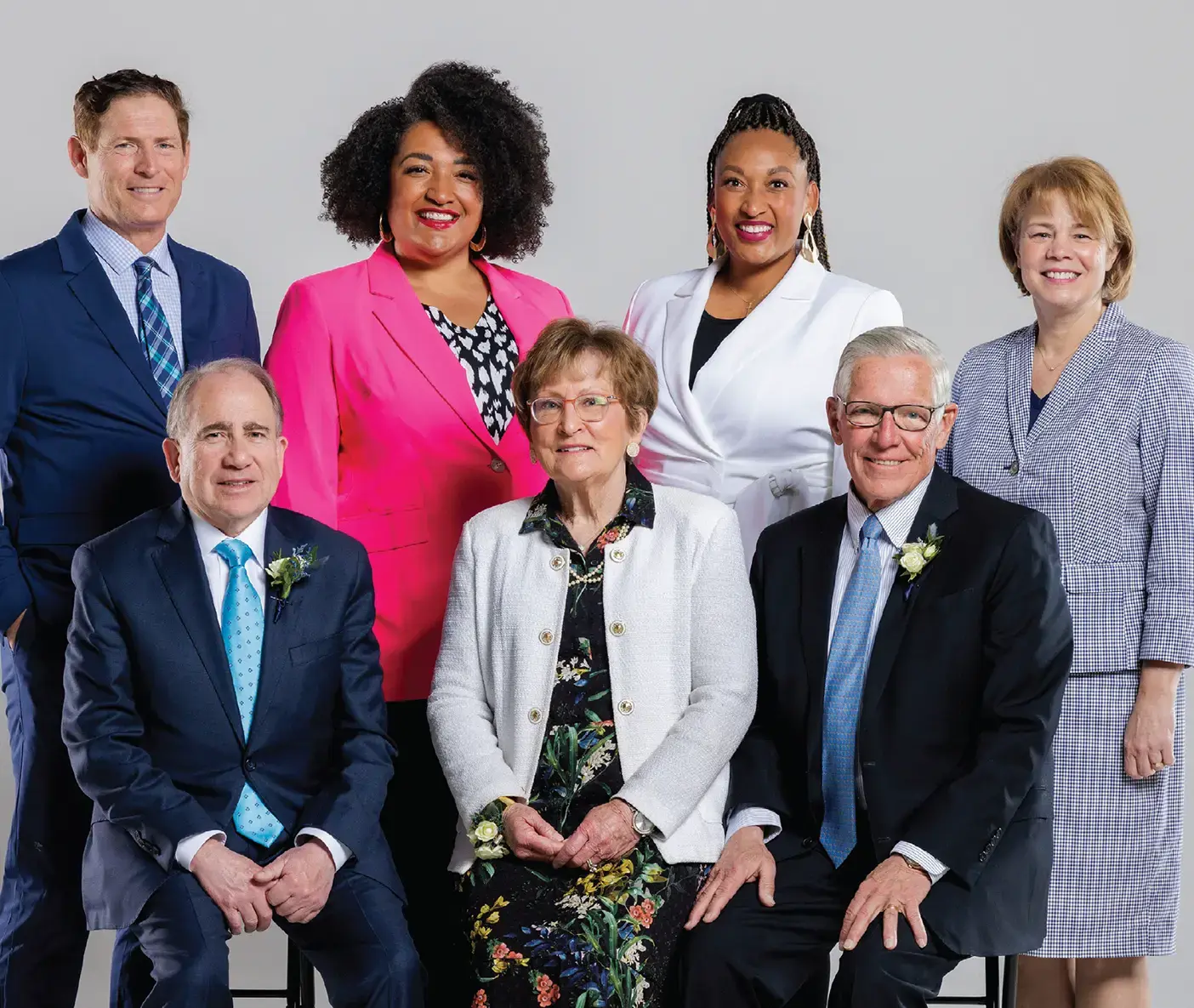
In March 2024 BYU honored the following seven individuals for their extraordinary service to their profession, community, the nation, the Church of Jesus Christ, or Brigham Young University. Below, the recipients of the 2024 Distinguished Alumni and Honorary Alumni Awards each share one experience that has shaped their life.
Sharon L. Eubank (BA ’88) • Director of Latter-day Saint Charities
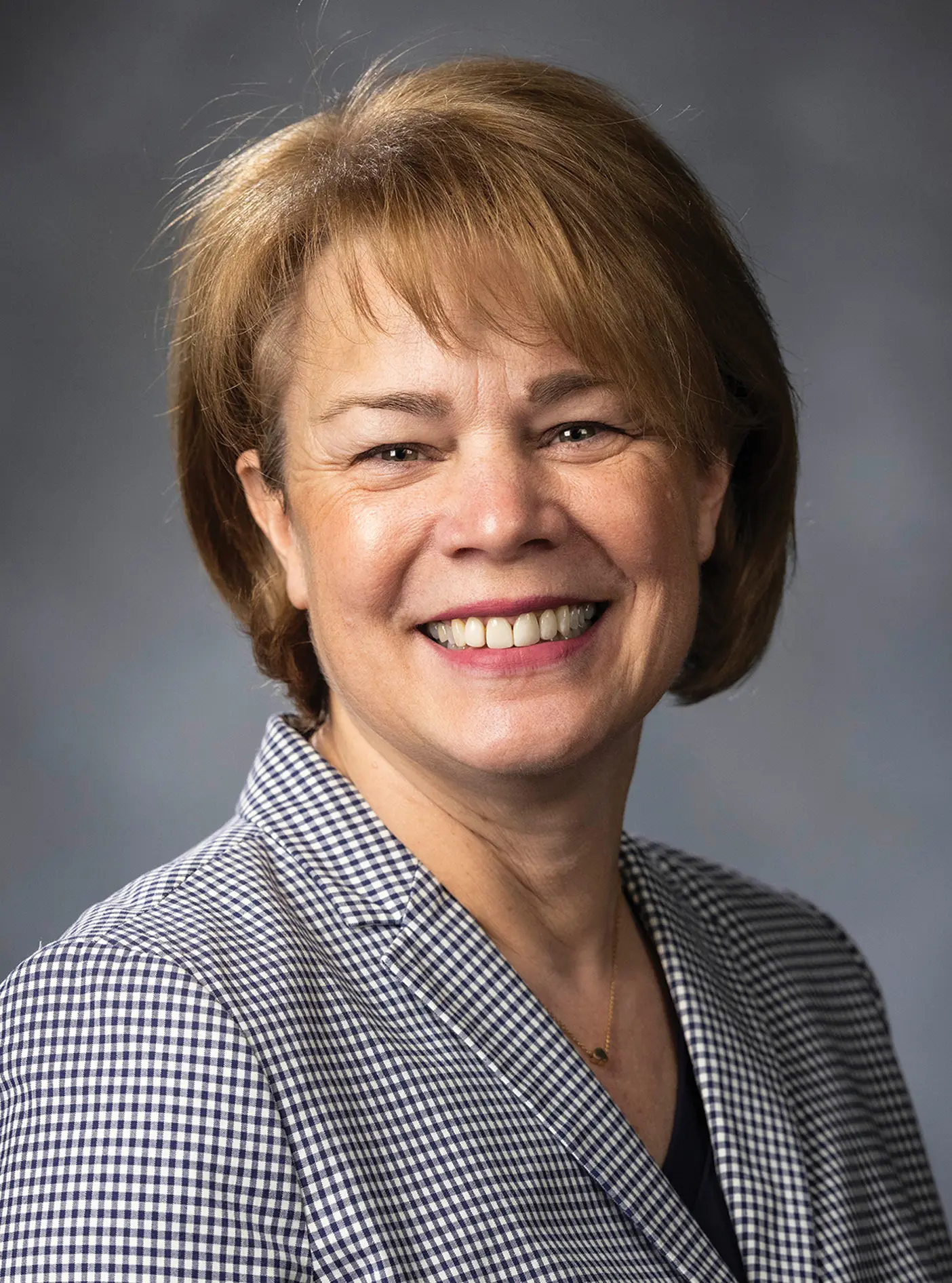
Bathing in the Spirit. “When I was called as a member of the Relief Society general presidency, I was still working in the Church’s humanitarian division—a full-time job. I didn’t know how to navigate that. There was just so much work to be done. I responded to different bosses, and it was just overwhelming. I couldn’t even sleep. I felt like I was failing.
“One of the lessons I learned as I begged the Lord for help was that you bathe in the Spirit, you bathe in the scriptures every day, and then leave the rest to Him. So each morning, before I looked at my phone, before I read the newspaper and what disasters had happened overnight, I tried to study the scriptures. Space opened up in my world, and I don’t know how that happened. I stopped worrying about small things and started to think about the bigger things. It lifted my mind out of the minutiae and into the bigger themes. It turned out to be one of the greatest things I’ve ever learned in my life.”
Mario R. Perez (PhD ’88) • NASA Scientist
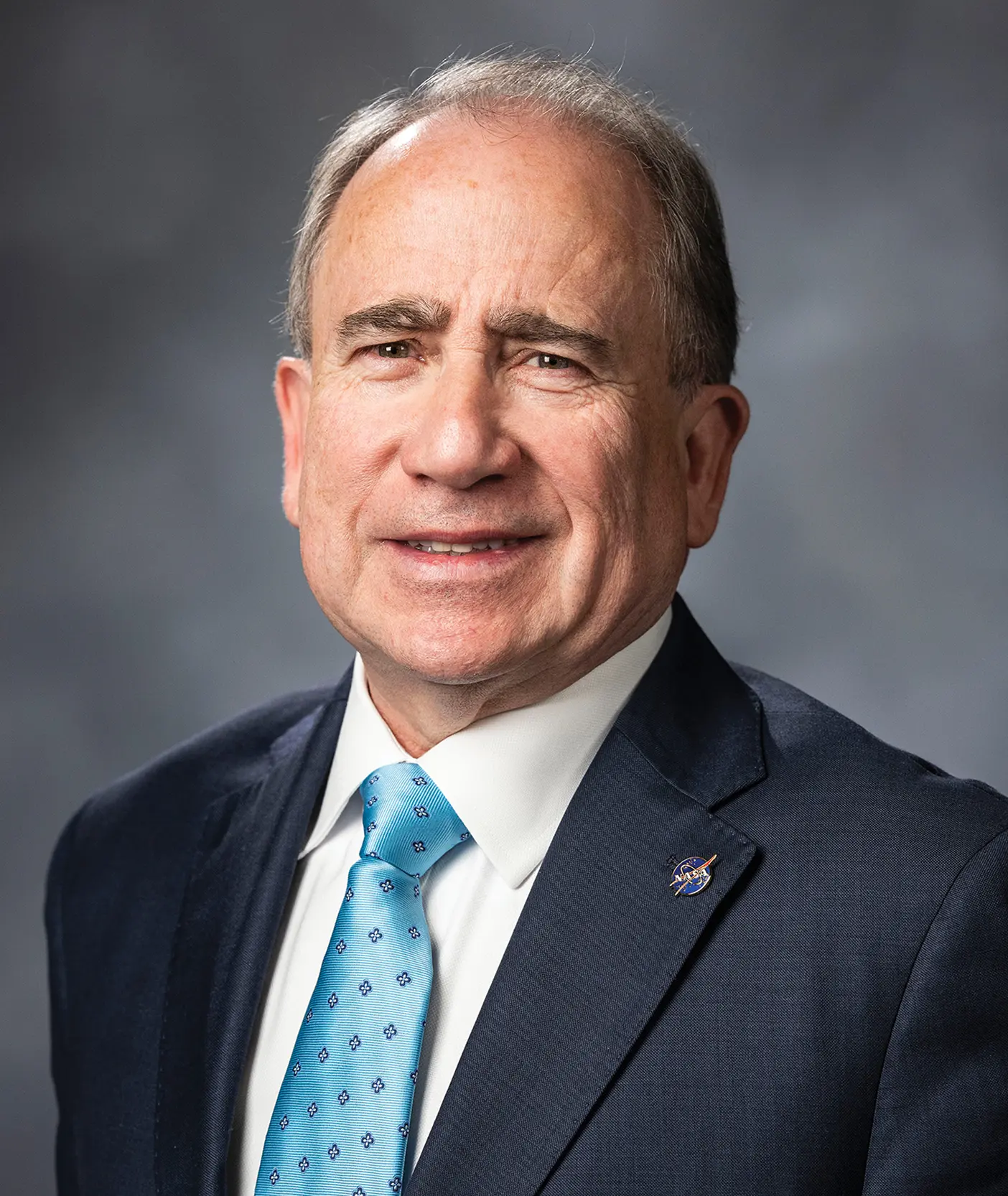
Erasing an Artificial Separation. “BYU is one of the few places in the world that has erased the artificial separation of faith and reason and secular and sacred.
“I remember being in Relativistic Astrophysics, a difficult graduate class. The professor was B. Kent Harrison (BS ’55), a brilliant fellow who had graduated from Princeton among a distinguished class of Nobel laureates. Toward the end of the semester, in the middle of a class one day, he stopped the class and bore his testimony about the gospel. It was completely unexpected. As a graduate student who hadn’t taken any religion classes, I had never heard that in a class here. The experience taught me not to separate science and religion. I never forgot his testimony.
“About 20 years later, while I was a scientist in the Los Alamos National Lab, I saw Kent Harrison at church. He was visiting his son, who lived in my ward. He got up and bore his testimony. I was so moved that the next one up bearing testimony was me.
“He taught me that I should not separate the two universes of logic and faith, science and religion. To be a unified human being who can learn and achieve his divine potential on earth is powerful.”
Steve Young (BA ’84, JD ’94) • Former NFL Quarterback and ESPN Host
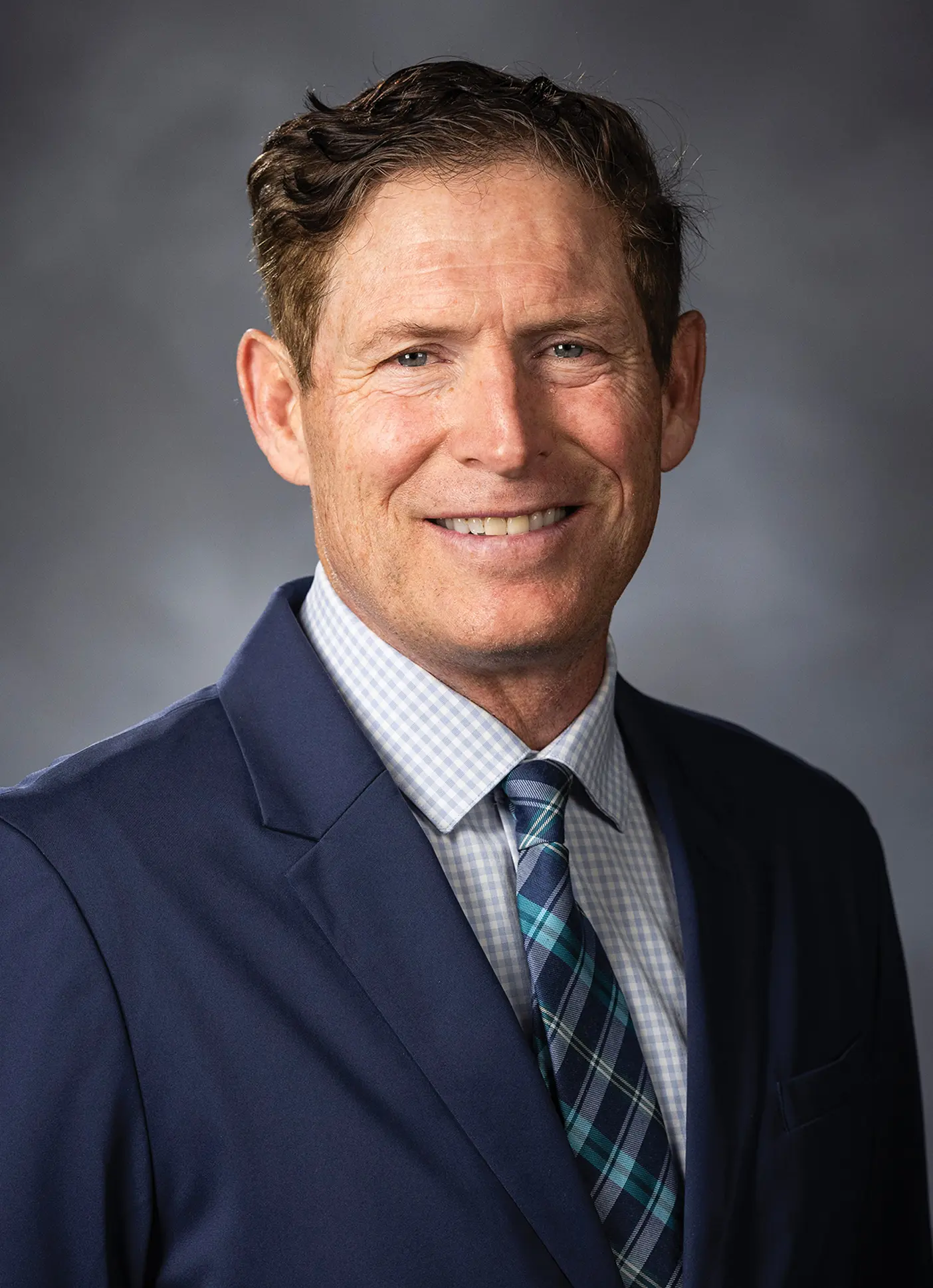
How Good Can You Get? “When I was a new quarterback for the ’49ers, I had a profound experience with Steve Covey on a plane. I explained to him how terrible my career was going and how victimized I was. He asked me a couple questions about my coach, my owner, and Joe Montana. He took all the information I gave him and said, ‘Steve, I got to be honest with you. I hear the pain that you’re in and the struggle.’ He said, ‘I spend my life looking for platforms that allow the human beings on those platforms to iterate and see how good they can get. And . . . if I had to rank all the platforms in the world, I don’t know that I could even envision one better than the one you have.’
“I remember thinking, ‘Wait—I’m depressed and anxiety ridden, and you spin it 180 on me and tell me I’m the luckiest man alive?’
“And then he said, ‘Steve, a lot of people, when they’re asked whether they want to see how good they can get, are afraid to say yes because maybe you won’t be as good as you hoped or maybe you’re not where you want to be. So I ask you, “Do you want to find out how good you can get?”’ And I remember reflexively telling him, ‘Yeah, I really do.’
“He described actual truth to me. I took it in and recognized he was right.
“I thought other people dug a hole and threw me in it, and I now realize that I dug the hole and threw myself in it. What does that perspective do? It empowers you to now go about God’s work, find out how good you can get, and go do it. My life was very different professionally from that moment on.”
Chanté Sinclair Stutznegger (BS ’10) and Alexis-Janique Sinclair Bradley (BS ’12) • Sisters and Let’s Talk, Sis Instagrammers
Chanté Stutznegger
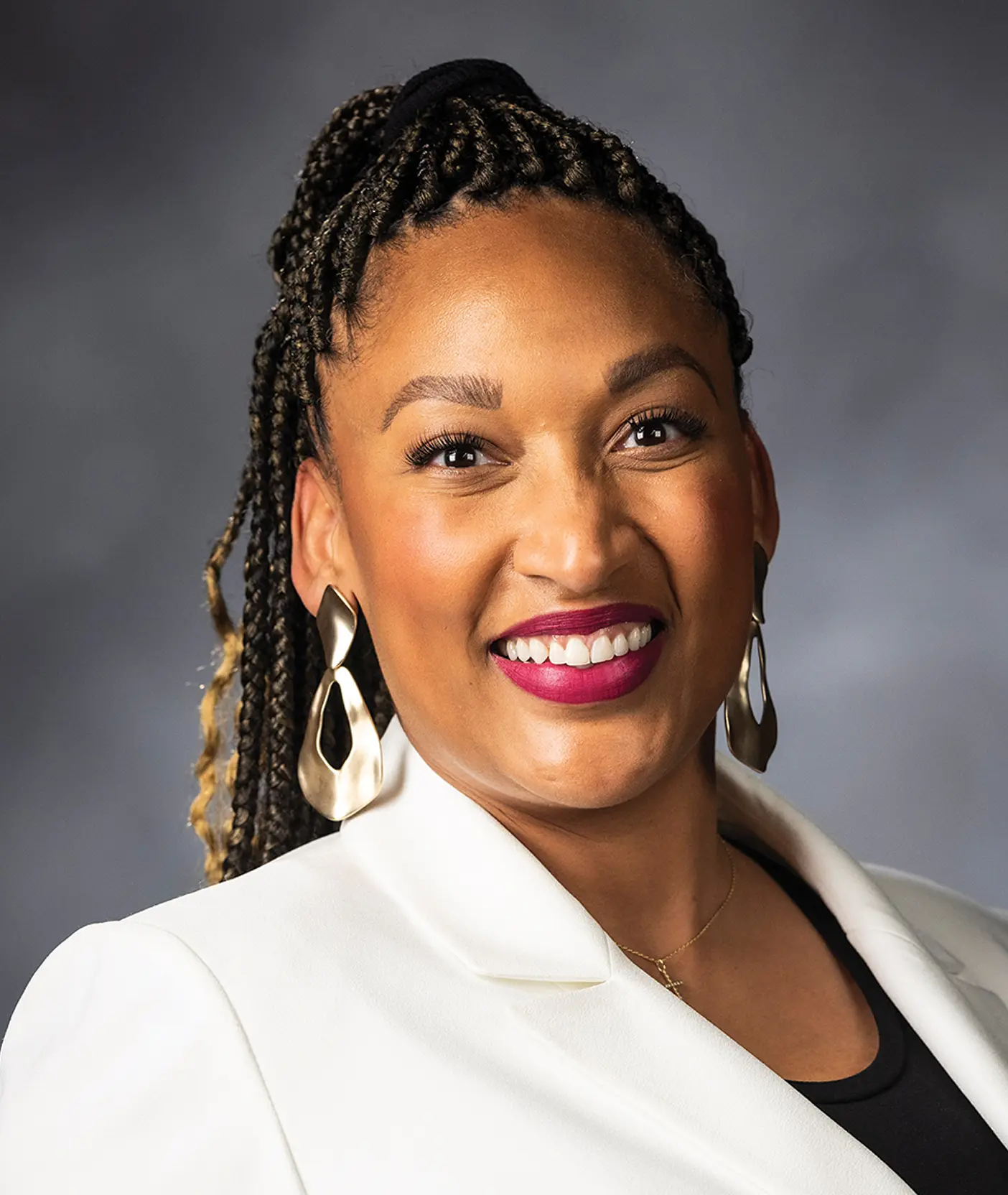
Still Dancing. “Not quite five years ago, I could feel something was going wrong in my body. I knew I was weakening, but it took a long time to receive a diagnosis of muscular dystrophy.
“I’m a dancer, and so it was heartbreaking and devastating to think, ‘Maybe I have only five more years of walking. Maybe I’m in a wheelchair in the next decade.’ It felt really crushing and paralyzing, almost like, ‘Well, why? Why keep trying?’ But I teach my dancers that dance is movement with purpose and that we dance because we have emotion and we have purpose to share with other people, but also to give to ourselves.
“And so I had to shift my mindset in how I looked at this diagnosis. If I still had a purpose, I could still move through life and it would just look a little bit different for me.
“It’s been a journey. I don’t have the opportunity to teach dance how I used to, but I can still teach in a different way and offer inspiration and hope to people through my voice.
“I like to think that I’m still dancing through life. Even though my movement is different, my purpose is still there.”
Alexis-Janique Bradley
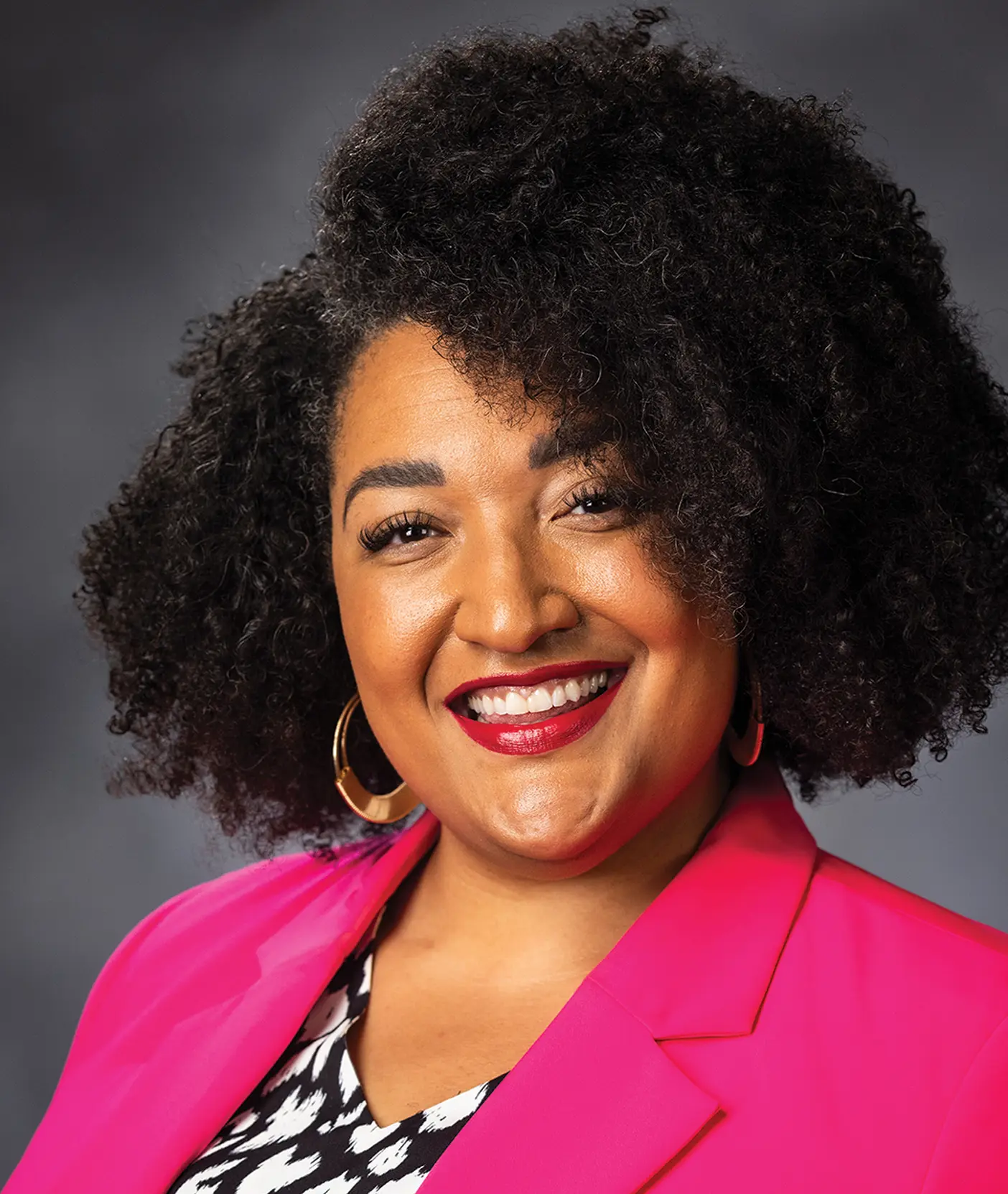
A BYU Mentor. “In high school I was involved in a program at the University of Utah that was recruiting me and making me feel welcome. But in my ward I had this incredible young women’s leader from Portugal that I thought the world of. She taught at BYU. One day at church she asked me how my college applications were going. I was probably a sophomore in high school, and I said, ‘They’re not going. I haven’t even thought of them.’
“She said, ‘Well, I would love to help you with your essays, so look up the BYU questions and let’s start working on them.’ I didn’t even know if I wanted to go to BYU. She invited me to her home, and we worked on the essays. It was more complex than I imagined. She wanted these essays excellent. I kept thinking they were pretty good. She would mark and edit them, send me home with an assignment, and then we’d meet again. By the time I was done, I started wanting to go to BYU just because of her—her energy, her love, how she saw me, her belief in me, and the time commitment she made to me. I got to know her. I could feel her love for her students. She was a person who believed in building a longer table and building bridges with people from all different backgrounds.
“So, by the time college application time came around, I was beyond prepared. I submitted those essays that we had worked on. And I got in! And that blew me away.”
Steven C. and Margaret Wheelwright • Former President of BYU–Hawaii, Mission Leaders, and Boston Massachusetts Temple President and Matron (Honorary Alumni Award)
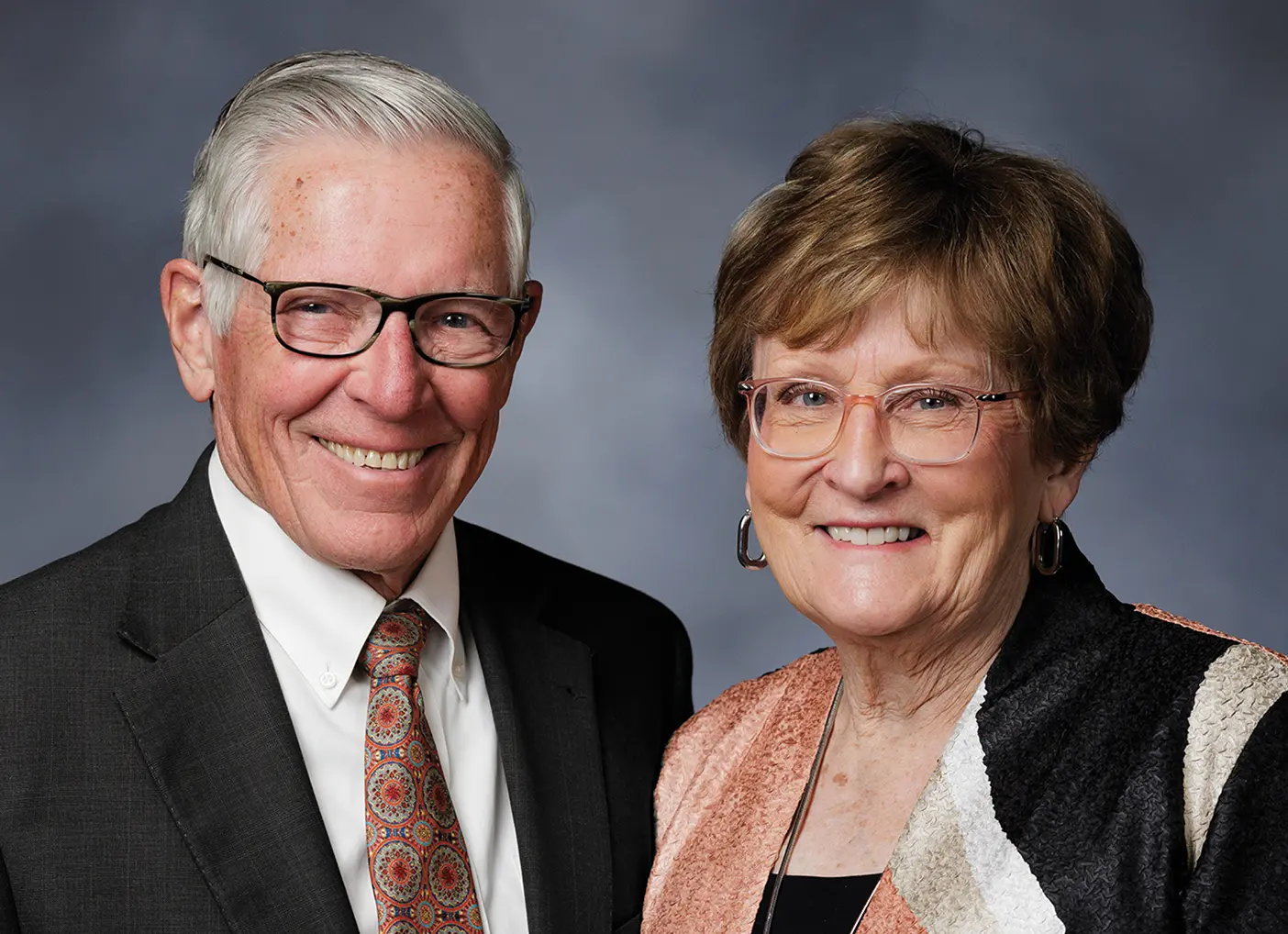
Steven Wheelwright
Always Your Best. “One of the great life lessons I learned came from my dad. Dad always stressed that you need to decide to what standard you’re going to do your work because people will get to know you for that standard. He emphasized that you need to use the same standard on all the work you do. The standard included being excellent and always doing your best work, but also being true to who you really were and who you wanted to be. It applied to work, church callings, or school—whether you liked the class or not. . . . [Good things] happened largely because of what my dad had taught me—always do your best work whether you like what you are doing or not.”
Margaret Wheelwright
A Hard Thing. “A major life struggle for me came when Steve and I were called to preside over the England London Mission in 2000. We got the call in January and were to leave July 1. I went in for my mission medical exam and was diagnosed with breast cancer. A few weeks later I had a bilateral mastectomy.
“Life was pretty rough at that time. We were selling our home in Boston, building a home in Oakley, had an awful lot of responsibilities, and I felt horrible. But Steve and I both knew that I was going to be fine. The Lord told us, ‘You’re going to be okay.’ We ended up in London on July 1.
“The Lord needed me to learn compassion and how to care for other people because people were really caring for me. I learned that I could do hard things. And so the motto for our mission that year became ‘We can do hard things.’”
See videos of the awardees sharing additional meaningful experiences that have shaped, influenced, or transformed their lives.










